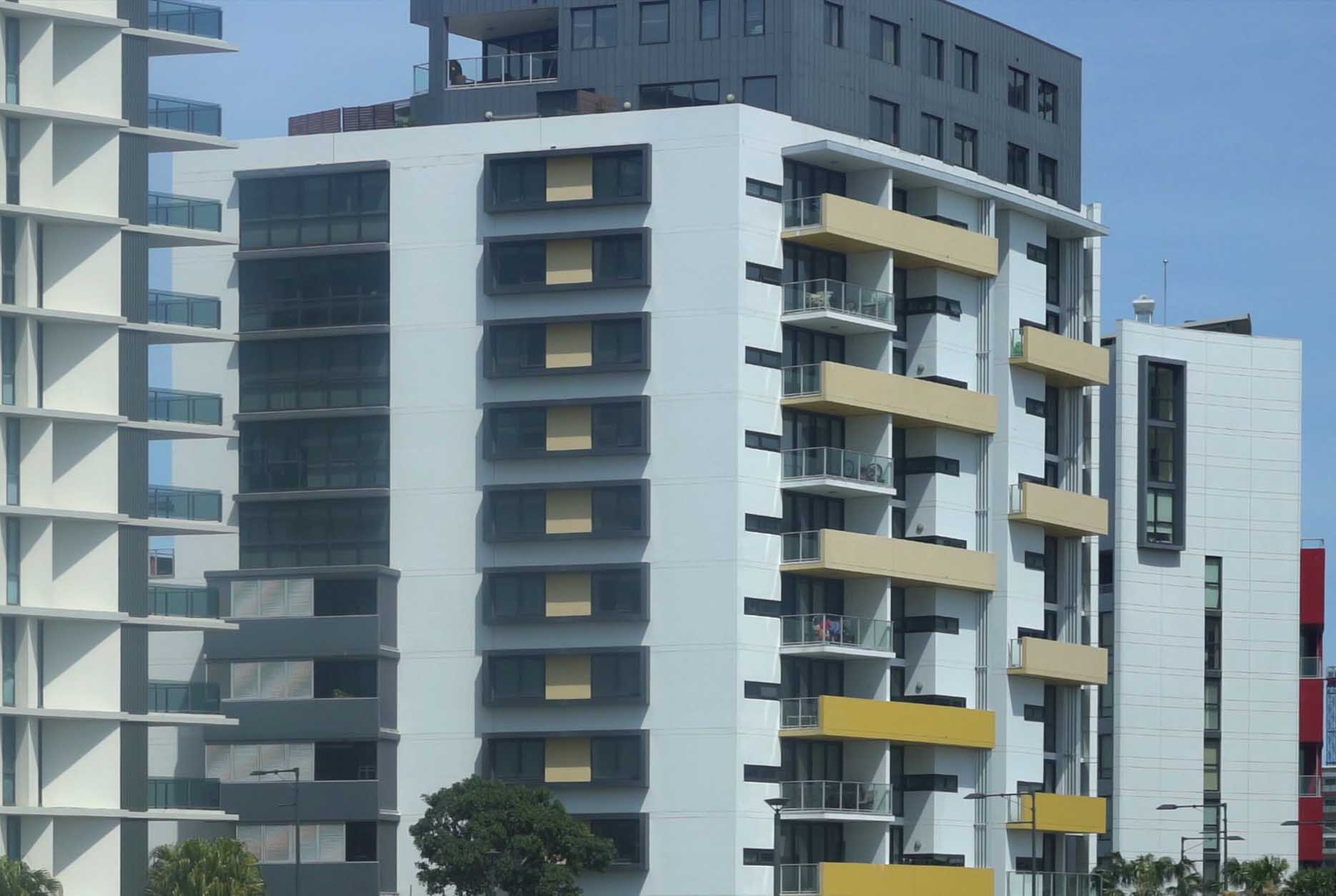A non-bank lender has revealed how it stress-tests new residential projects amid fears of oversupply, rising defaults, falling property prices and a significant reduction in foreign buyers; via the Adviser.
Growing fears surrounding the sustainability of Australia’s new apartment market have been growing since China tightened its capital controls, the Australian government introduced new regulations and taxes on foreign buyers and the majors stopped lending to overseas investors.
The latest Foreign Investment Review Board (FIRB) figures show that overseas property investment fell by 65 per cent in FY17.
A BIS Oxford Economics report released this week forecasts that, given the extent of new apartment construction relative to houses, there are likely to be pockets of oversupply of apartments across Melbourne. The city’s median unit price is forecast to fall by a total 2 per cent in three years, or 9 per cent in real terms, according to BIS.
Meanwhile, in Brisbane, the forecast for unit prices in 2018 will be 25 per cent lower than their real peak in 2010.
Late last year, UBS warned that poor-quality projects are “under significant pressure” and that one in five, or 20 per cent, of foreign buyers are failing to settle.
Non-bank lender Qualitas, which funds residential real estate projects on the east coast of Australia, has said that it is “very conservative” about funding new developments.
“The default rates are not substantial,” Qualitas managing director Andrew Schwartz said.
“To the extent that a developer is left with some residual stock, it is generally their profit in the development. Or it is an amount that allows them to take out a residual stock loan. That is why you are not reading stories about buildings being sold by receivers.”
Qualitas calculates a decent fall over rate when funding property developers and is well aware of some of the fears surrounding the Australian apartment market.
“We already assume defaults. We assume the property market comes down in value,” Mr Schwartz said.
“What you generally find in the developments that we do is, if you start with one times pre-sale, that means if you give someone a $100 loan, they have at least got $100 of sales in their development. So long as you start on one times, what you will find is you can withstand about a 20 per cent decline in property value and a 20 per cent default on those that committed to you and you will still earn your full rate of return of interest.”
To date, the group has funded 109 projects and earned full returns on all of them.
Non-bank lenders like Qualitas have grown in recent years after the majors reduced their appetite for apartment funding, foreign buyers and mezzanine debt.

